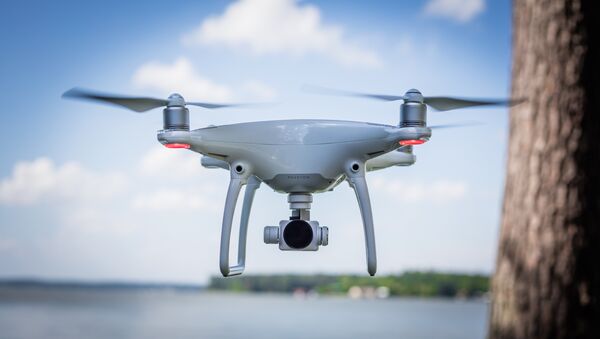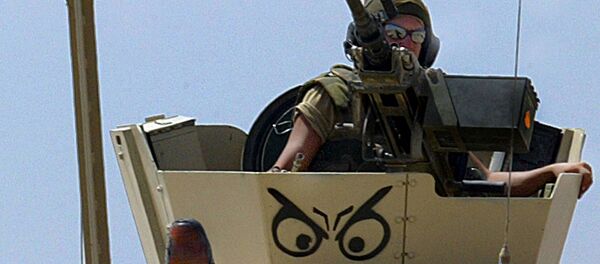Maria Sharma of Missing People Sweden called drones a "very important" tool that allows missing people to be quickly located in areas with difficult or dangerous terrain, especially in sparsely-populated northern Sweden, with its harsh climate, long distances and abundance of wild animals.
"Sometimes hours may be critical," Maria Sharma told Swedish Radio.
Missing People Sweden is a nonprofit organization that helps families and police with search parties for missing persons. The organization was founded in Gothenburg in 2012 after several people had gathered to help the search of two missing Swedes.
Previously, industry organization UAS Sweden estimated that Sweden's "anti-drone" law would make at least 3,000 people unemployed.
"The decision means a substantial destruction of capital. Many of our members have invested large amounts of money in the purchase of new drones, and seeking permission can involve millions of kroner in losses, UAS Sweden Chairman Gustav Gerdes said in a comment to Swedish newspaper Aftonbladet.
"Notification that we can resume the use of drones is very gratifying. By using drones in roof and facade inspections, we create benefits for our customers and a safe working environment for our employees," Göran Danling of Riksbyggen said, as quoted by the Swedish construction industry newspaper Byggvärlden.
However, there have been less happy endings. For instance, the Swedish municipality of Höganäs was refused permission to shoot aerial views of its real estate in a bit to "protect people's privacy." This decision was called "stupid" by Jonas Kanje, the editor-in-chief of the newspaper Helsinborgs Dagblad, who ventured that Sweden's long-standing tradition of openness was at stake due to "cumbersome restrictions."





